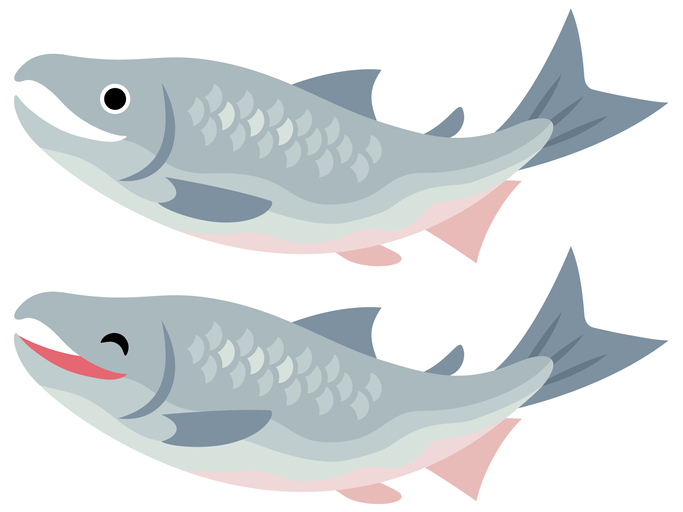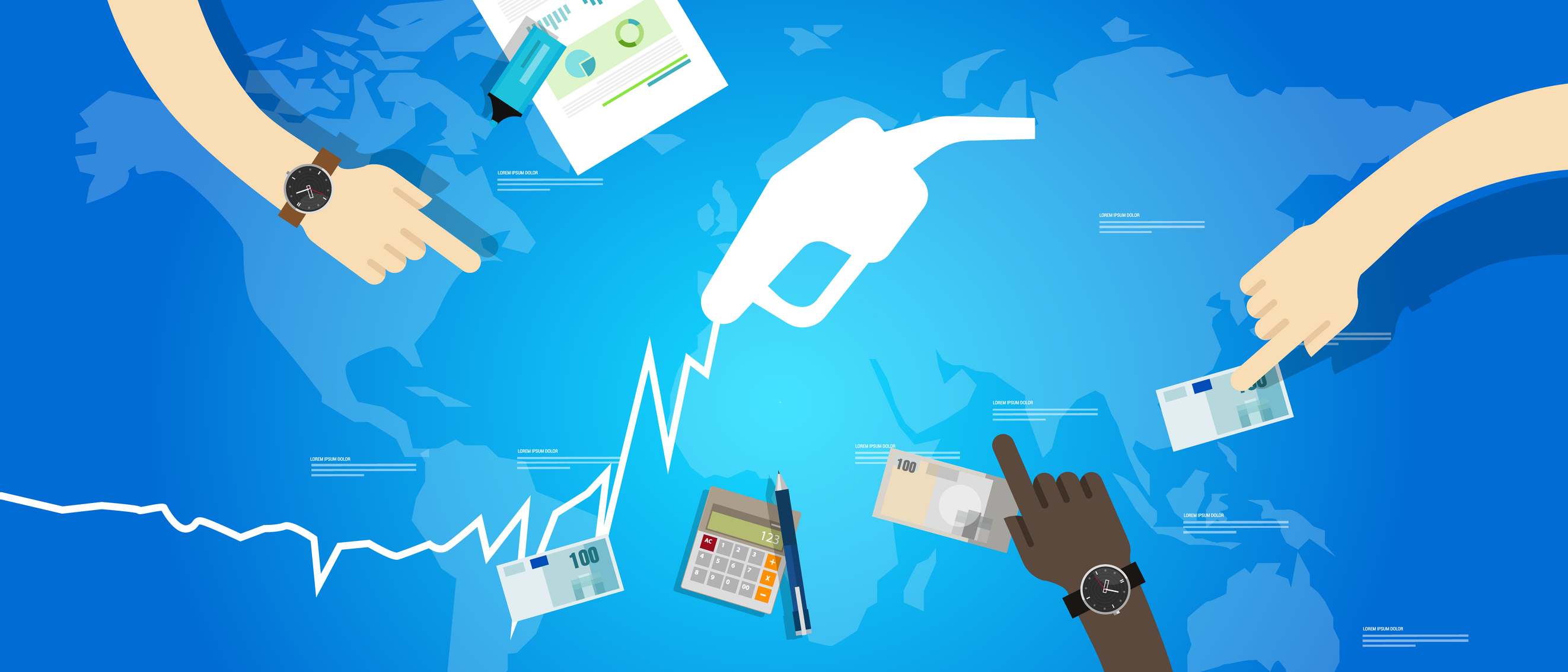Salmon recovery in Puget Sound continues to be slow and disappointing. The Puget Sound Partnership itself notes, “There is little to no sign of recovery of Puget Sound Chinook populations.” Two keys to improving recovery efforts are to increase funding for habitat restoration and to ensure the public money is spent well.
Legislative budgets for capital projects will probably be released later this month. Making limited funding go farther, however, is critical. Money that could go to helping restore salmon runs is, instead, wasted on frivolities like the Seattle City Council adding an “elevated interpretive walkway” at an electric substation, or simple incompetence, as in the case of the $5 billion in cost overruns recently announced by Sound Transit.
The legislature is considering several good bills that would streamline environmental permitting and reduce the cost of salmon-recovery projects. Here’s a quick update on the bills that would help reduce the metaphorical policy barriers to removing the physical barriers that inhibit salmon recovery.
HB 1114 – Reducing urban heat island effects
The “heat island” effect is a result of large areas of concrete and asphalt absorbing heat during the day. That heat is transferred to water running into nearby streams, increasing water temperatures and harming salmon. Rep. Mary Dye’s bill would encourage urban utilities to increase tree planting to provide shade, and to improve energy efficiency and reduce the impact of the heat island effect on steams and other bodies of water.
HB 1382 – Permit streamlining
This legislation would create a pilot project to exempt some salmon recovery projects from local permits. If you noticed a lot of qualifiers in that sentence, it demonstrates how difficult it is to reduce bureaucratic process even when trying to improve environmental outcomes. This bill is a step in the right direction, but only a step.
SB 5220 – Taxation of grants
This bill would exempt salmon recovery grants provided to nonprofit groups from several taxes, including retail sales and use tax, it would and expand the B&O tax deduction for those projects. There is no need to tax grants that have been provided by taxpayers.
SB 5146 – Indemnify federal government for joint recovery projects
Washington state receives funding from the federal government for several salmon recovery projects, with federal grants providing 65% of project budget and the state providing 35%. In some cases the state of Washington must indemnify the federal government. The legislation would allow the Department of Fish and Wildlife to join with the U.S. Army Corps of Engineers and qualify for certain federal grants. At least one project will be canceled if this legislation doesn’t pass.
SB 5381 – Streamlining permits for fish passage projects
Washington state is under federal court order to remove fish blockages created by narrow culverts under on a large number of roads managed by the State Department of Transportation. The legislation would allow streamlined reviews of those projects when receiving a hydraulic permit and the Shoreline Management Act.
There is a great deal of work to be done in Puget Sound if we are going to begin increasing salmon populations. These bills provide constructive ideas that would move state policy in the right direction. Reducing the waste is an important part of that effort. Increasing the speed of permitting and reducing the costs of projects are important parts of ensuring that we not only recover salmon but that state government uses taxpayer dollars responsibly.




